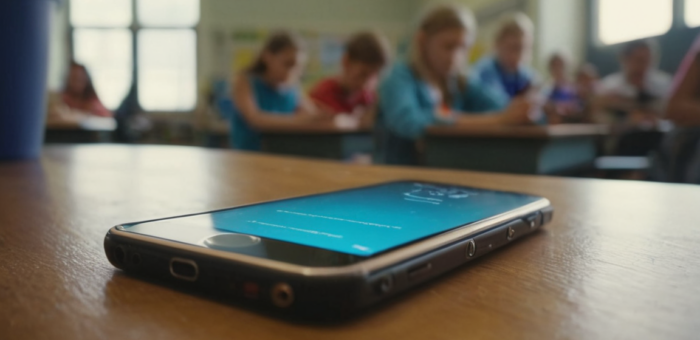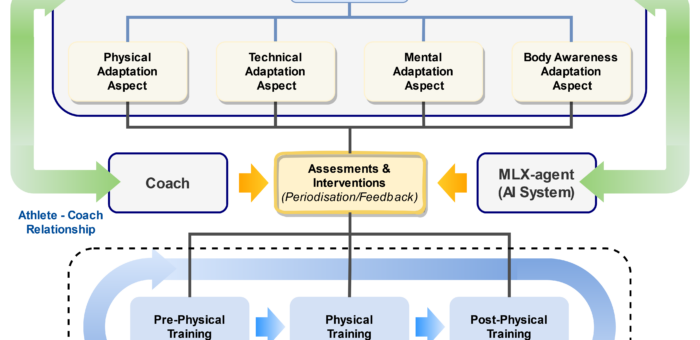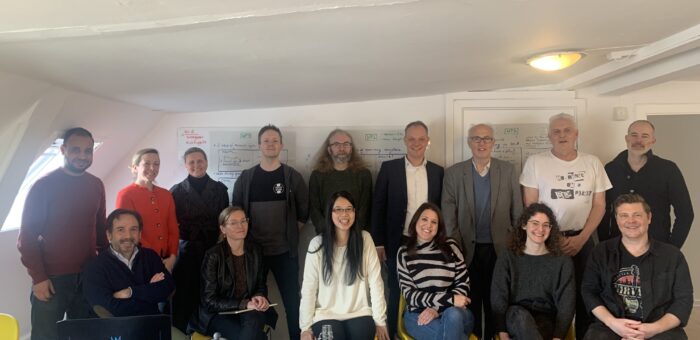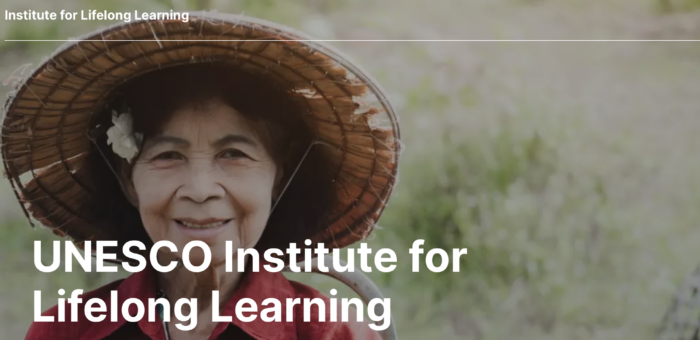
CORE Roundtable in Munich
Hendrik Drachsler, Sebastian Gombert and Gianluca Romano participated at the Roundtable in Munich for the CORE project (Critical Online Reasoning in Higher Education) from 04.03.-05.03.2024. In those two days, our team had the chance to recapitulate on how the infrastructure stood strong during the first survey from December 2023 to February 2024, and pave the way for next steps and surveys. In summary, the infrastructure performed well. It dealt with approximately 10Mio. requests per seconds and the majority of hurdles participants reported were out of our authority. Requests from participants were dealt with quickly in a few days on average. Even though we are proud of our achievements there is still a lot to be done for future surveys. For the agenda we split into smaller groups, each of us…








